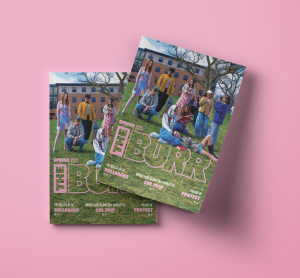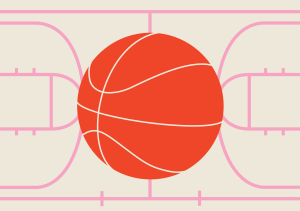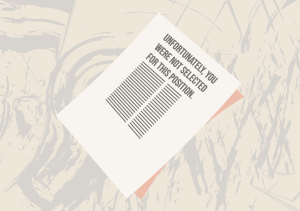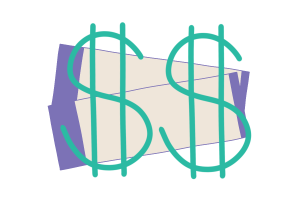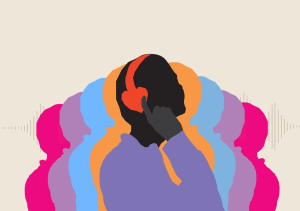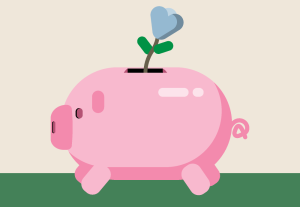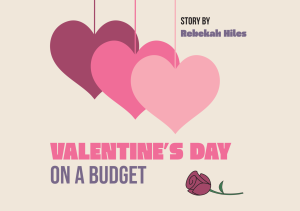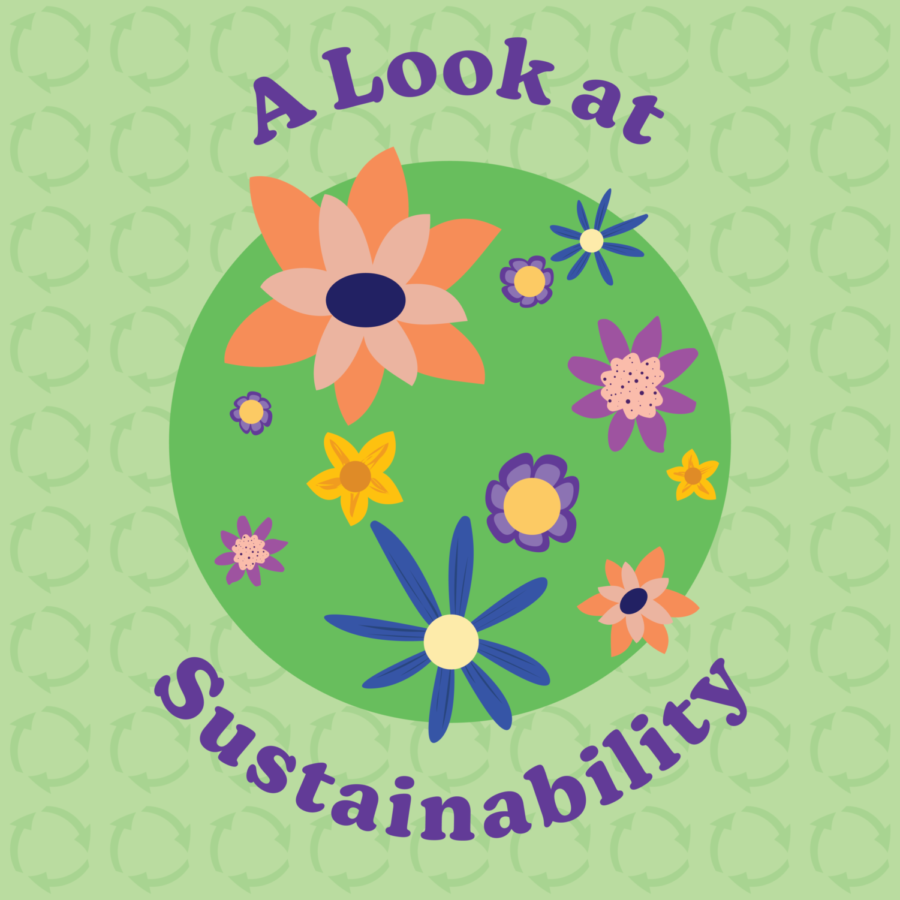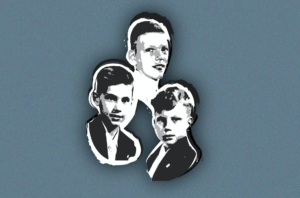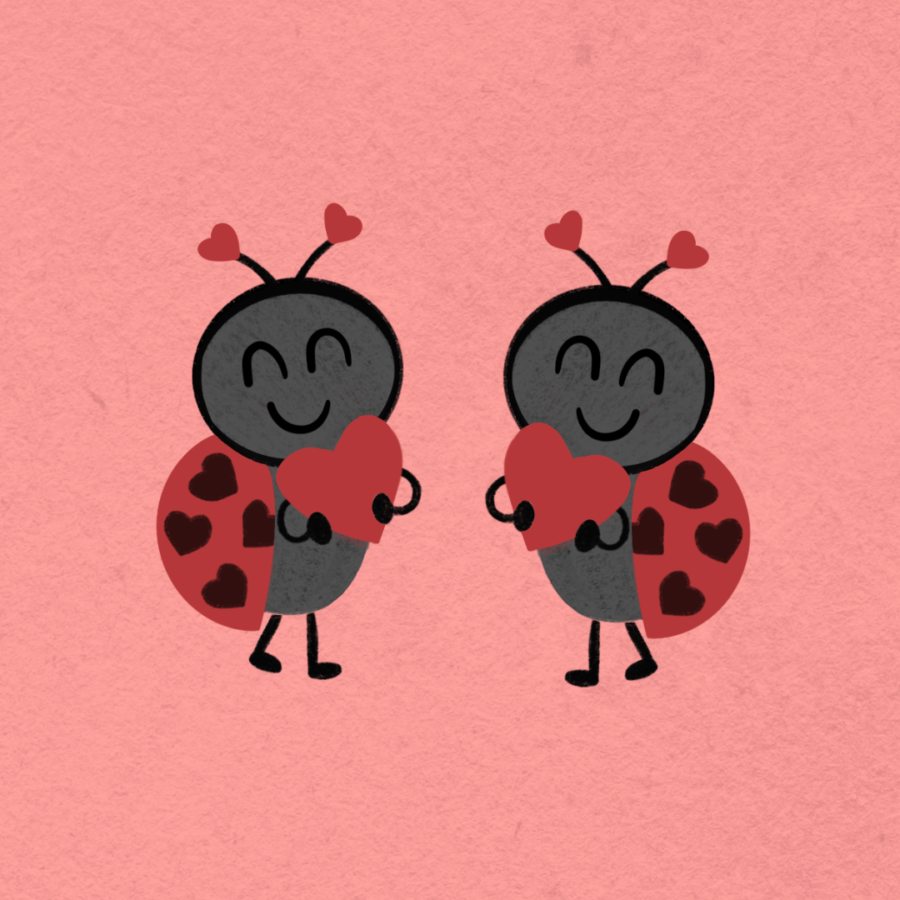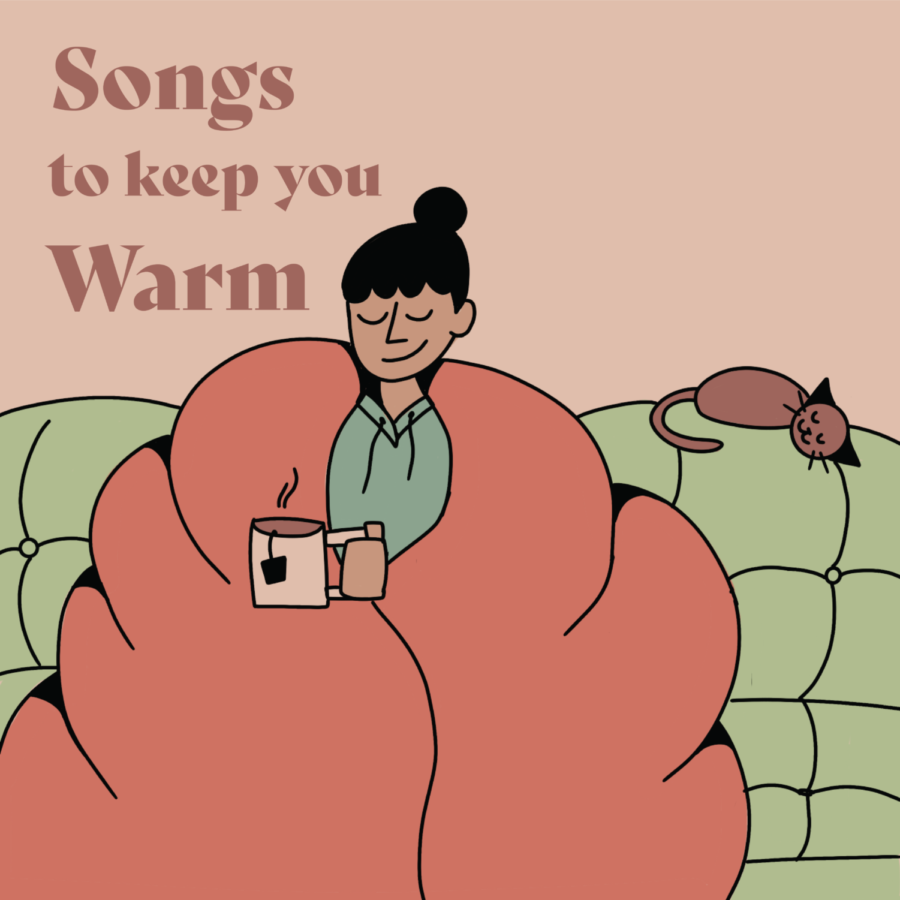A Look at Reduction
March 17, 2023
If recycling is the most convenient option to reduce your individual environmental impact, the most effective way is through reduction.
Everything you use, from your favorite pair of jeans to your daily contact lenses, has a far-reaching ecological footprint. In most cases, I am only able to get a small glimpse of a product’s full impact; most of it is far removed or well hidden from the average consumer.
When I walk into the store to buy a new shirt, I usually stand in the aisle contemplating how much it costs and the quality of the brand.
Like most people, I do not think too hard about what I cannot easily see: the hidden pollution costs (inevitably, some of the pesticides and fertilizers applied to the crops leach into nearby waterways), fossil fuel costs (to run the machinery, transport the materials, manufacture the product), soil degradation and loss, the packaging and product waste and so on.
To understand an item’s full environmental impact, it is necessary to follow its entire lifecycle. And because many companies rely on extensive, global supply chains consumers are oftentimes left in the dark about all the wide-reaching environmental implications of any given purchase.
In fact, the municipal waste that I am familiar with (shipping cardboard, plastic wrapping, leftover product) is relatively insignificant when compared to the total mining and agricultural wastes. To put it into numbers, municipal wastes make up 5% of all U.S. solid waste whereas mining and agricultural wastes make up about 88%.
This means that well before a product even reaches the shelves most of the environmental damage has been done.
My point from all this is that everything that you consume has an impact. Therefore, a logical way to reduce your impact is to reduce your consumption.
Personally, I do this by following a minimalist lifestyle. I was introduced to this topic several years ago through a wonderful little podcast, which I highly recommend, called “The Minimalists.”
Joshua and Ryan, the podcast’s founders, discuss a smattering of topics all related to living a meaningful life with less. They talk about their own journey and how a minimalist lifestyle allowed them more time, less stress, and less debt.
I know from experience that too much stuff can be stifling, especially when I am living in a small shoebox of a dorm room. Although I try to buy only what I need, I still sometimes feel inundated with objects (especially after gift-giving holidays).
When this happens, I try to let go of what I no longer need. Although throwing an item in the garbage is the quickest and easiest way to declutter, it is certainly not the most environmentally friendly way.
I always try to find another use for an object to lengthen its lifespan. I ask myself if I can upcycle an object and give it a brand new life. If it is broken, I try to repair it (for clothing repairs, Kent students can take advantage of free sewing machines in the Reactor at DI).
If I can no longer get value from an item, my first move is resale; I have been successful at local second-hand shops or, on occasion, online platforms. If you cannot sell something, give it away for free. Donations are always a great option for no longer-needed items.
When I do go shopping for “new” clothing or school supplies, I check the thrift stores nearby before stopping at a supermarket. I can usually find what I need, for a much better price, and give an item a longer lifespan (therefore reducing the market demand for new products).
My personal favorite locations to shop second-hand are the Goodwill Outlets (there is one in Akron and one in Canton). It can be a little chaotic at times, but the price is unbeatable. Where else can you find a new pair of jeans for 75 cents?
Another way to reduce your impact is by refusing items that you do not need (this is especially impactful with single-use, usually plastic, items).
At a restaurant, for example, I ask the waiter to not bring a straw or wooden chopsticks. At the Deli on campus, I kindly ask for no bag, no cup and bring my own metal silverware. I always keep reusable bags in my car just in case.
I know from experience that it can be socially uncomfortable and sometimes inconvenient to do some of these things. It is important to keep in mind that although these actions are seemingly small, they have the ability to make a huge difference over a lifetime.

